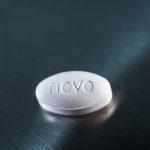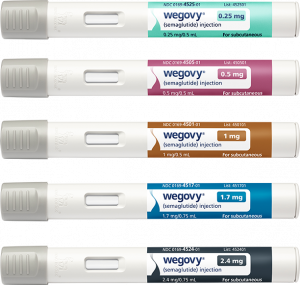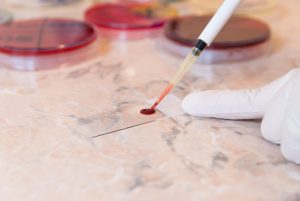
(HealthDay News) – Millions of Americans take cholesterol-lowering drugs called statins, but a new study finds Black and Hispanic adults get the drugs less often than white people do. “This adds to the known racial and ethnic disparities already highly prevalent in heart disease,” said lead author Dr. Ambarish Pandey, an assistant professor of internal medicine at UT Southwestern Medical Center in Dallas. “These findings have the potential to affect how we screen for and treat people who do not have heart disease but may have risk factors such as high blood pressure, high cholesterol and smoking,” he said in a medical center news release. Using national survey data and examining risk factors for heart disease, researchers found about 38% of white participants used statins like Lipitor (atorvastatin) and Zocor (simvastatin) compared with about 24% of Hispanic and Black participants. Statins are among the most prescribed drugs in the United States. Having health insurance and regular access to routine health care were associated with higher statin use. Rates of heart disease are higher in Black and Hispanic adults than white adults, according to past research, so race and ethnicity are considered factors in your individual risk of developing heart disease. Data for the study came from the 2013-2020 National Health and Nutrition Examination Survey (NHANES). A subset of participant records was selected to represent the… read on > read on >






































